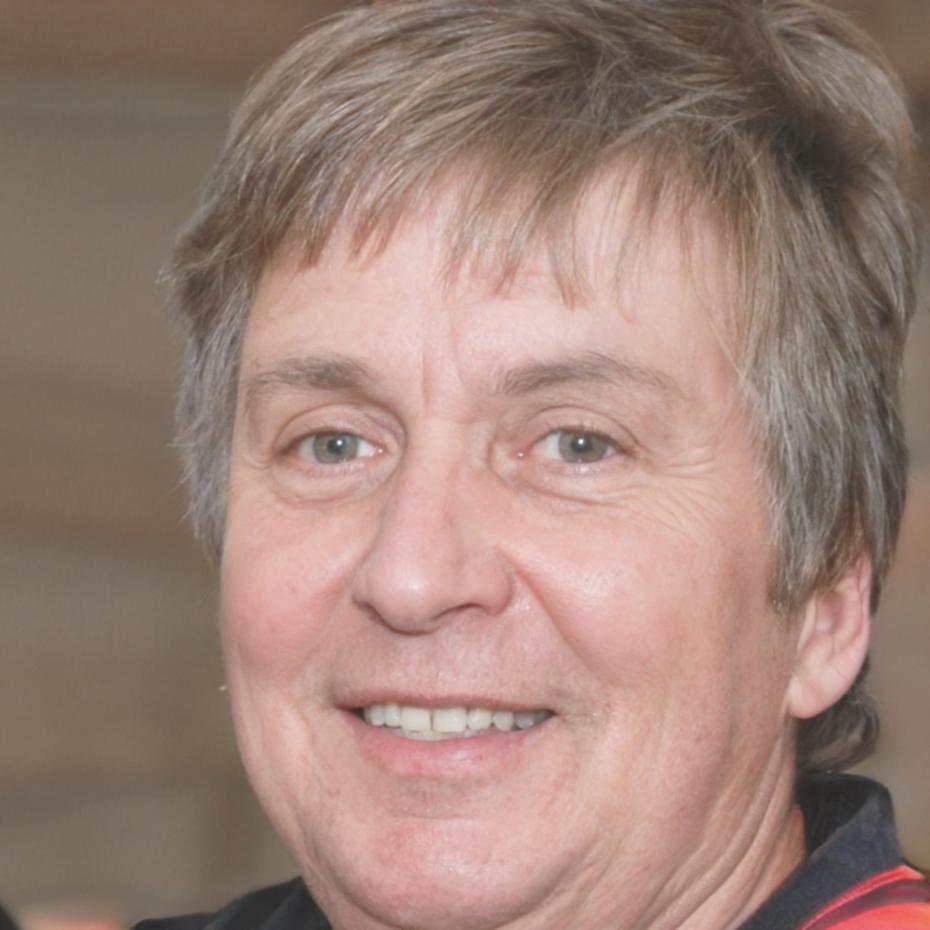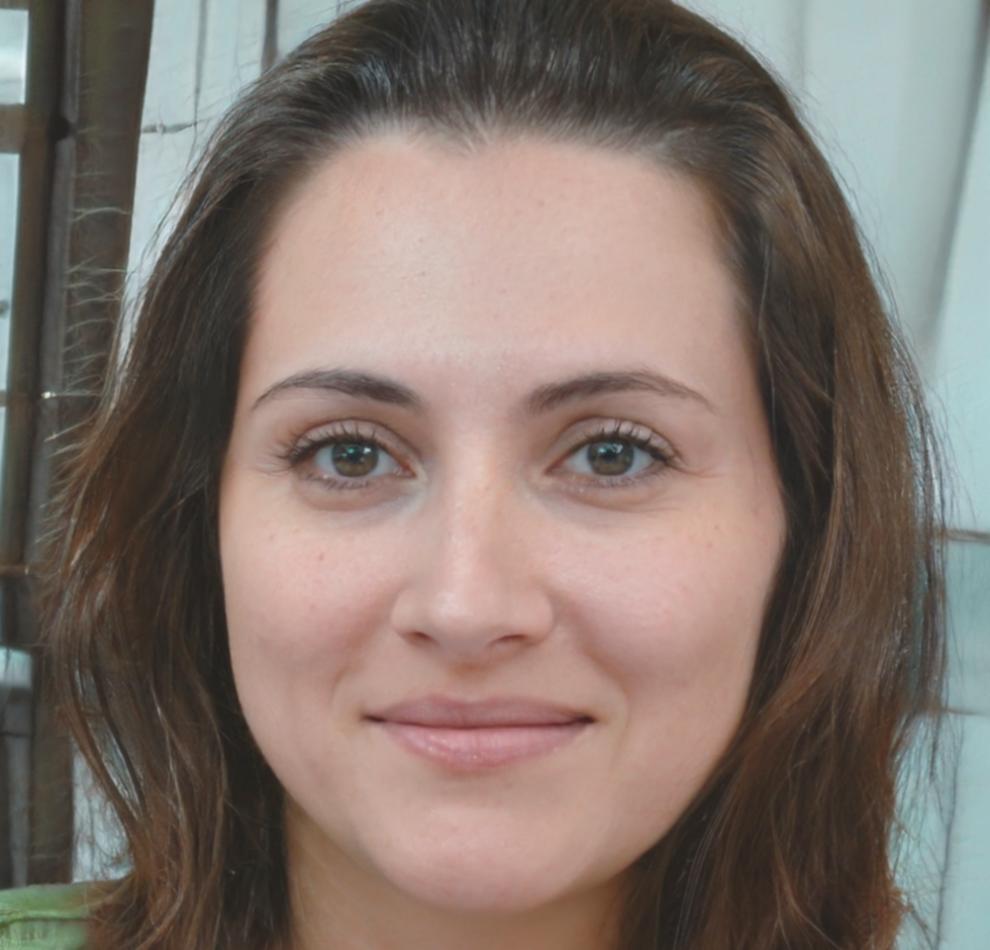Financial Decision Making Programme
Most people think money management is about spreadsheets and sacrifice. We've found it's actually about understanding why you make the choices you do — and then building systems that work with your life, not against it.

What You'll Actually Learn
We built this programme around the questions we kept hearing from clients. Not textbook theory, but the stuff that keeps people up at night.
How do you decide between paying down debt or saving for something important? What makes a financial goal realistic versus just wishful thinking? When should you trust your gut, and when do you need to override it with data?
- Behavioral patterns in spending and saving decisions
- Risk assessment frameworks for personal circumstances
- Building decision systems that reduce stress
- Long-term planning without sacrificing quality of life
- Communication skills for financial discussions
Programme Structure Comparison
We run two tracks because people come from different starting points. Here's what makes sense for your situation.
| Component | Foundation Track | Advanced Track |
|---|---|---|
| Duration | 12 weeks, two evenings per week | 8 weeks intensive format |
| Class Format | Interactive workshops with case studies | Seminar style with peer analysis |
| Prerequisites | None — start wherever you are | Basic financial literacy or completed Foundation |
| Focus Areas | Personal budgeting, debt management, savings strategies | Investment decisions, tax planning, estate considerations |
| Assessment Method | Personal financial plan development | Complex scenario analysis and peer review |
| Group Size | Maximum 18 participants | Maximum 12 participants |
Our Teaching Philosophy
Real Scenarios
Every session uses actual client situations (names changed, of course). You'll work through dilemmas that mirror what you face in your own life, not hypothetical textbook examples.
Behavioral Focus
We spend as much time on psychology as we do on numbers. Understanding why you overspend when stressed matters more than memorizing compound interest formulas.
Systems Over Willpower
Willpower fails. Good systems don't. You'll build frameworks that make smart choices easier, not ones that require constant discipline and self-denial.
Who's Teaching This

Callum Rourke
Lead InstructorSpent fifteen years as a financial advisor before realizing most people needed decision-making skills more than investment tips. Now teaches the framework that actually helps.

Freya Lindström
Behavioral Finance SpecialistBehavioral economist who got tired of writing papers nobody read. Joined us to make research useful for people navigating real financial decisions every day.

Petra Kováč
Workshop FacilitatorFormer corporate trainer who switched to finance education after seeing how many smart people made avoidable mistakes. Brings practical clarity to complex topics.
Ready to Start?
Applications open in June 2025. We review each one individually because class dynamics matter — mixing the right people creates better learning for everyone.
